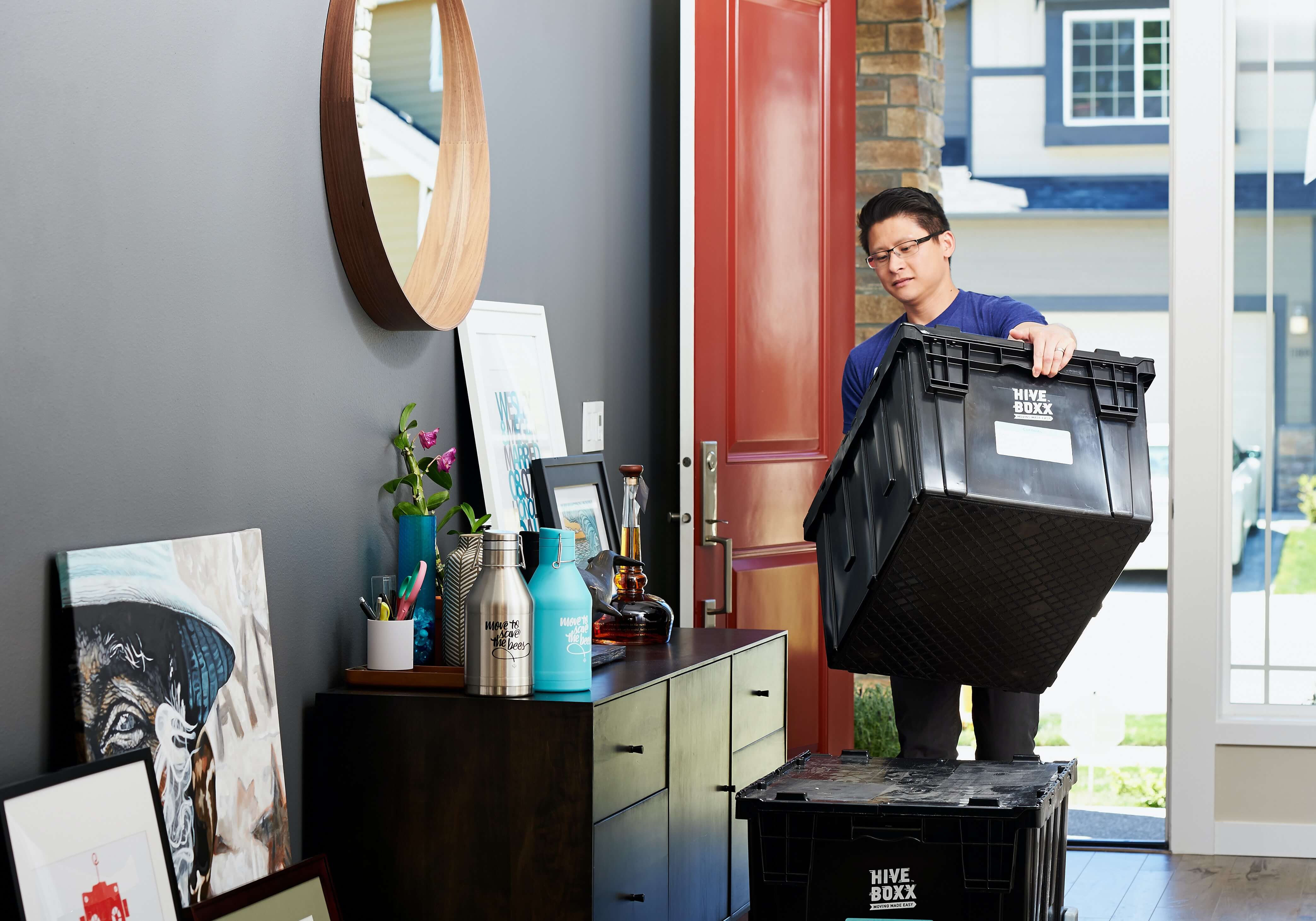Why moving in is the perfect time to think about moving out

Follow these seven simple steps from your first day in your new home and know that when the time comes, moving out will be straightforward with no surprise fees.
1. Take photos and update the inventory
Before you sign your property’s inventory, go through it with a fine-tooth comb. Sometimes landlords might miss something when they checked out their last tenant. Photograph and date any marks, damage, missing or extra items. Otherwise you could get fined for damage you didn’t do, or to remove furniture you didn’t bring.
2. Keep your files organised
Put a good filing system in place from the day you move in. Keep a log of your utility bills like gas, electric, water and council tax. Note if and when you switch suppliers. Hang onto meter readings and record the dates you paid. Proper filing means you can check and contest any outstanding bills after you’ve moved out if they arise.
3. Are pets allowed?
Pets can really make a house a home. Unfortunately, they can also make a mess that will cost you later. Some landlords choose not to allow pets because of the damage they might cause. If you’re renting a flat, the rules may not be set by your landlord at all, but by the building manager. Rather than sneak a pet in anyway, check before you bring a new furry friend home – lots of landlords are happy to discuss pets, even if your contract initially said no.
4. Don’t risk smoking indoors
It might sound obvious, but if your contract says ‘no smoking’, avoid smoking indoors. You might think you’ll be able to air everything out before you move, but a non-smoking landlord will likely be able to tell you broke the rules long after you’re sure the smell has gone. Be strict with yourself from day one and only smoke outside, or switch to a vape when you’re inside. Otherwise you could face costly fees for getting upholstery, carpets and curtains cleaned.
5. Keep on top of garden maintenance
Outside spaces like gardens, driveways and balconies are usually your responsibility. Check your contract and keep on top of outdoor maintenance like mowing the lawn, weeding, trimming hedges or painting woodwork. It’ll save you a lot of time, effort and money getting everything spic and span at the end of your tenancy.
6. Raise problems early
One of the perks of renting is that not everything is your responsibility to fix and pay for. But flagging problems to your landlord is. Uphold your end of the bargain and they should fix things like a broken boiler or leaky gutter pretty quickly. If you don’t raise the issue, you could find yourself liable for more expensive problems like damp.
7. Tell your landlord if someone else moves in or out
If you’re thinking of inviting a friend or partner to move in, talk with your landlord first. Some prefer to rent to single occupants or couples while others are more flexible. Either way, your new housemate will likely need to sign a contract too. Equally, if someone moves out you should let your landlord know. (And don’t forget to tell the council so you keep paying the right council tax.)
Keep these 7 tips in mind and you and your landlord will have a really positive renting relationship.
BONUS TIP: If you have a Zero Deposit™ Guarantee, be sure to tell us when you’re planning to move out so we can end your guarantee and cancel your annual renewal fee. It’s important we know when your tenancy has ended as it informs us that you are no longer responsible for the property.